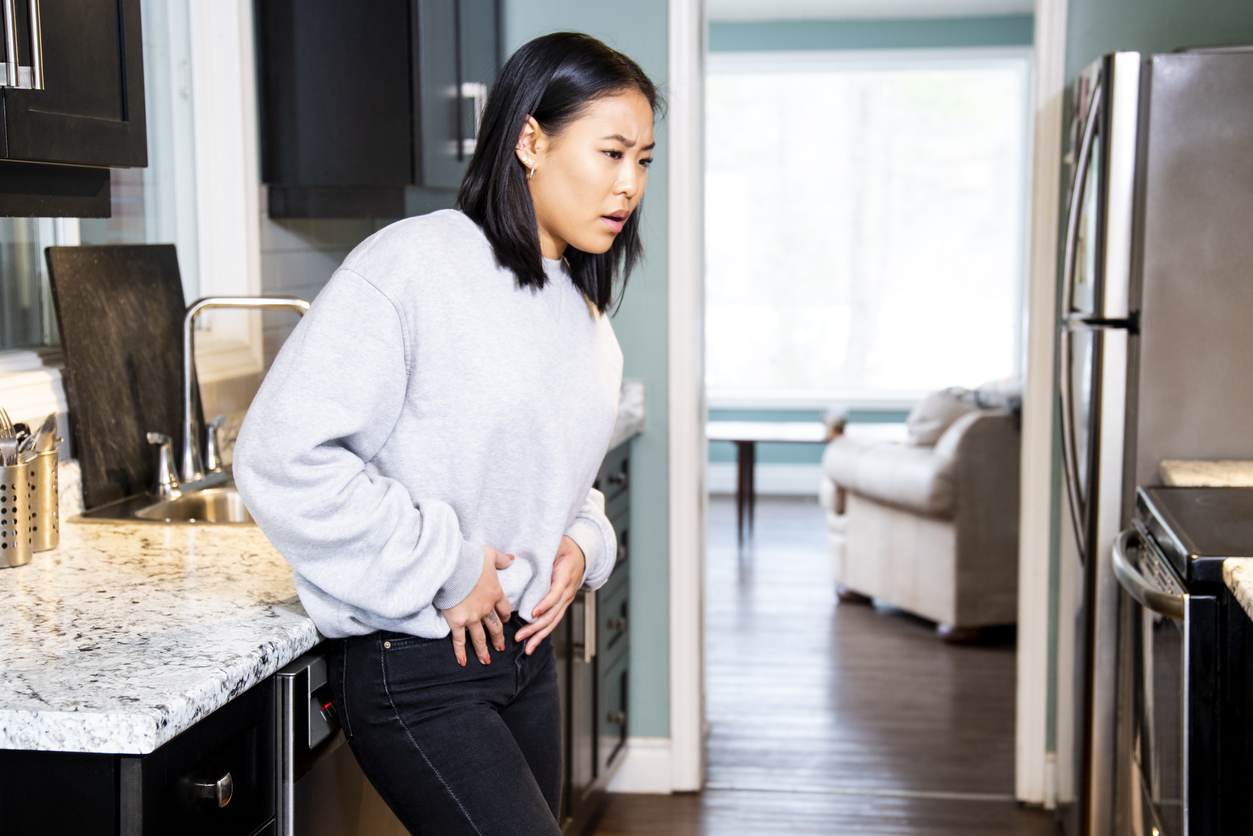
Pelvic pain is felt below the belly button and may be difficult to differentiate with abdominal pain. Since women are more affected by pelvic pain than men, gynecologists recommend every woman undergo regular pelvic exams to track and protect their reproductive health. Pregnant women, in particular, must immediately see a gynecologist if they experience pelvic pain.
Here are some of the most common causes of pelvic pain.
Ectopic Pregnancy
Ectopic pregnancy is the growth of an embryo outside the uterus. It usually occurs in a fallopian tube but may sometimes occur in other areas, such as in an ovary, abdominal cavity, or cervix. Pregnancy cannot last because the fertilized egg will not survive outside the uterus. Ectopic pregnancy may also cause the rupture of the fallopian tube, which can be life-threatening.
Common symptoms of ectopic pregnancy include sharp and intense pelvic pain and vaginal bleeding. If blood leaks from the fallopian tube, a pregnant woman may experience pain or an urge to make a bowel movement. Other symptoms include lightheadedness, fatigue, and shock.
Ovarian Cysts
Ovarian cysts are common in women who have a regular menstrual cycle. Most cysts do not show any symptoms. They also usually disappear after a few months and do not require medical treatment. However, large or ruptured cysts may cause severe and life-threatening symptoms. A woman who has large ovarian cysts may experience sharp or intense pain on one side of her pelvis, bloating, and heaviness or fullness in the abdomen. Severe pain with fever or vomiting requires immediate medical attention.
Pelvic Inflammatory Disease
Pelvic inflammatory disease (PID) occurs when the female reproductive organs get an infection. This infection is often caused by the spread of sexually transmitted bacteria from the vagina to the uterus, fallopian tube, or ovaries. Gonorrhea and chlamydia are common bacteria behind cases of PID.
PID does not always show symptoms. However, one of its most common symptoms is chronic pelvic pain. Other symptoms include painful urination, pain or bleeding during intercourse, and heavy vaginal discharge. PID may increase your risk of ectopic pregnancy and infertility.
Seek a doctor immediately if you experience intense pain in your abdomen, nausea, vomiting, fever, and foul smelling vaginal discharge. Treatments for PID typically includes antibiotics.
Endometriosis
Endometriosis is a gynecological condition in which there is excess growth of tissue outside the uterus. It typically occurs in the fallopian tubes, ovaries, and the lining of the pelvis. This condition has four stages, and it can affect a woman’s fertility if left untreated. Another known complication of endometriosis is ovarian cancer, occurring at higher rates in patients with the condition.
One of the first signs of endometriosis is excessive period pain and bleeding. Other symptoms include lower abdomen pain and pain during or after sexual intercourse. Your gynecologist can diagnose the condition as well as it’s stage through a pelvic exam, ultrasound, or laparoscopy.
Uterine Fibroids
Also known as myoma, uterine fibroids are benign tumors that grow within the uterine wall and are not usually cancerous. Depending on the size of the fibroids, symptoms may or may not appear. However, some fibroids cause pelvic pain or bleeding during sexual intercourse, difficulty urinating, back pain, and heavy menstrual bleeding.
While it does not typically get in the way of pregnancy, fibroids can increase the risk of complications. These include premature delivery and placental abruption. The treatment for this condition may include medication or surgery, such as hysterectomy.
Consult a Gynecologist in North Miami, Florida
Levin’s Women’s Health and Wellness Center provides services that help resolve your pelvic pain problems. Our highly-trained, qualified, and caring doctors ensure that every woman receives quality care specific to their needs.
Schedule an appointment by calling us at (305) 981-0231. You may also set an appointment through our online request form.
